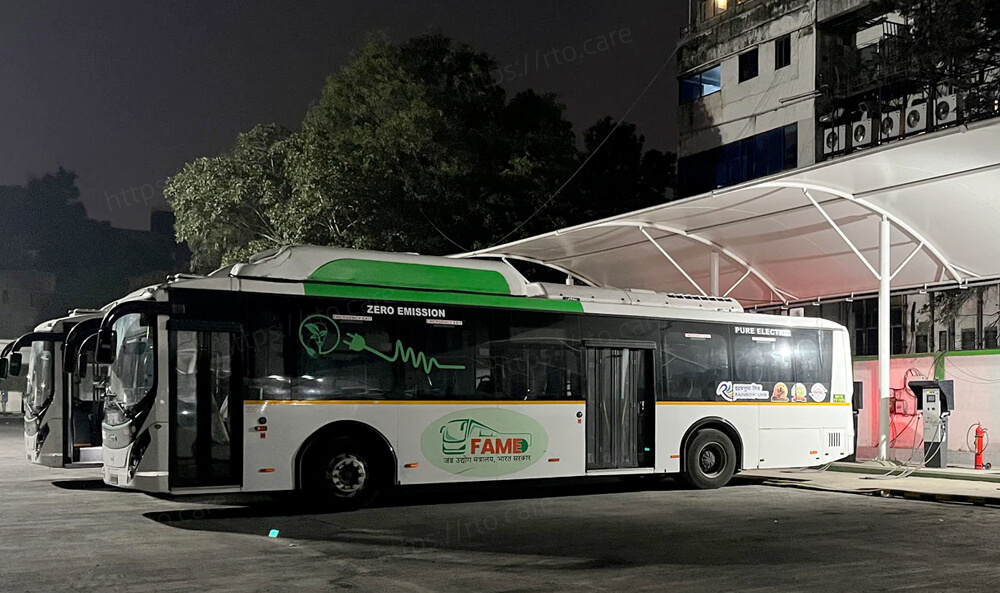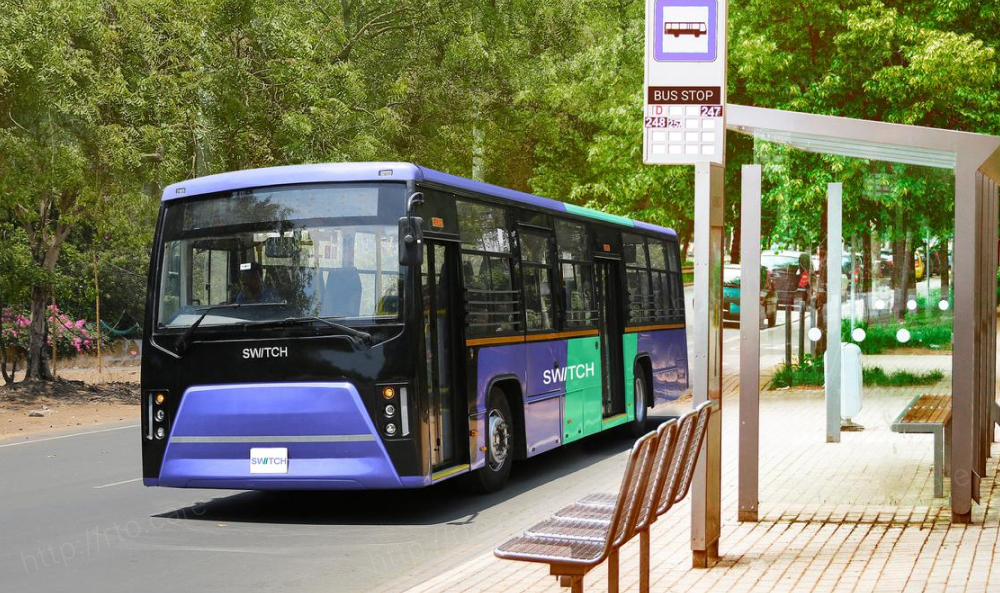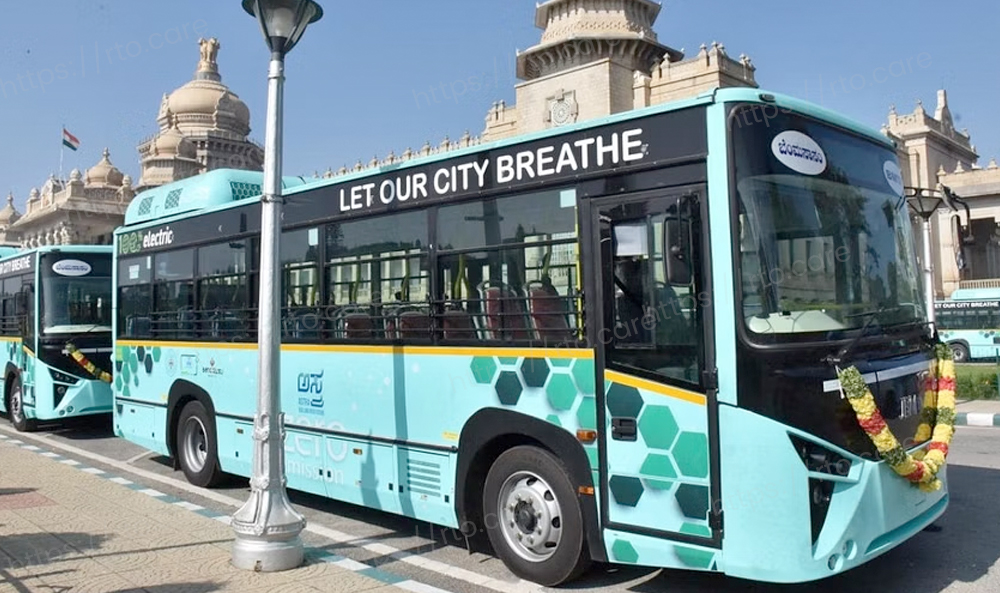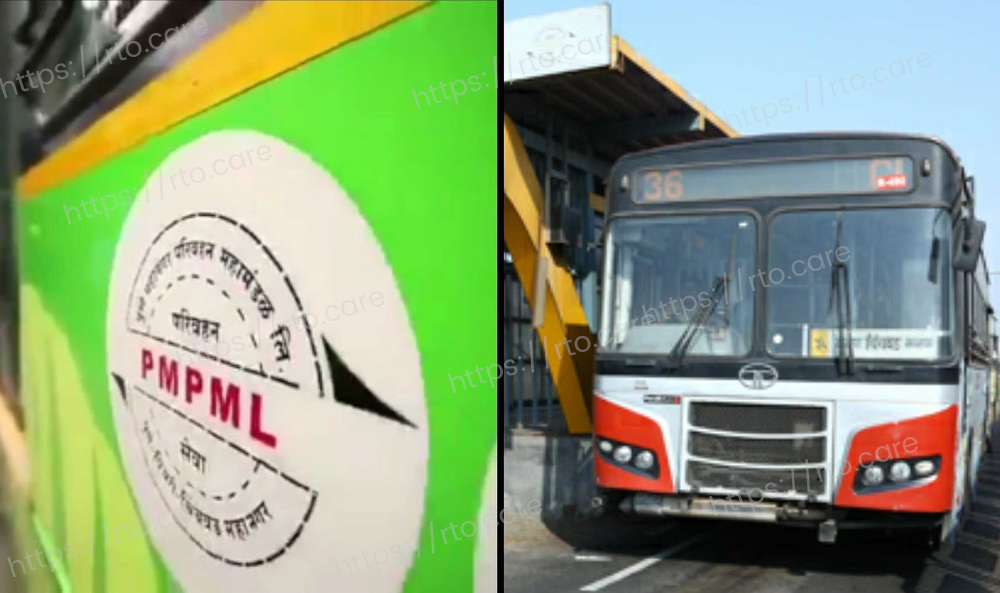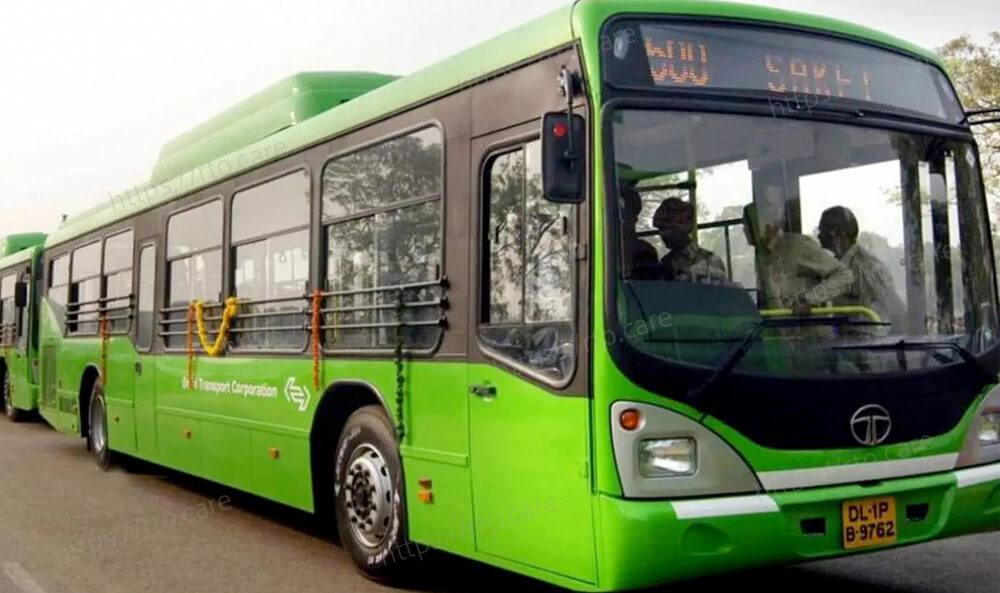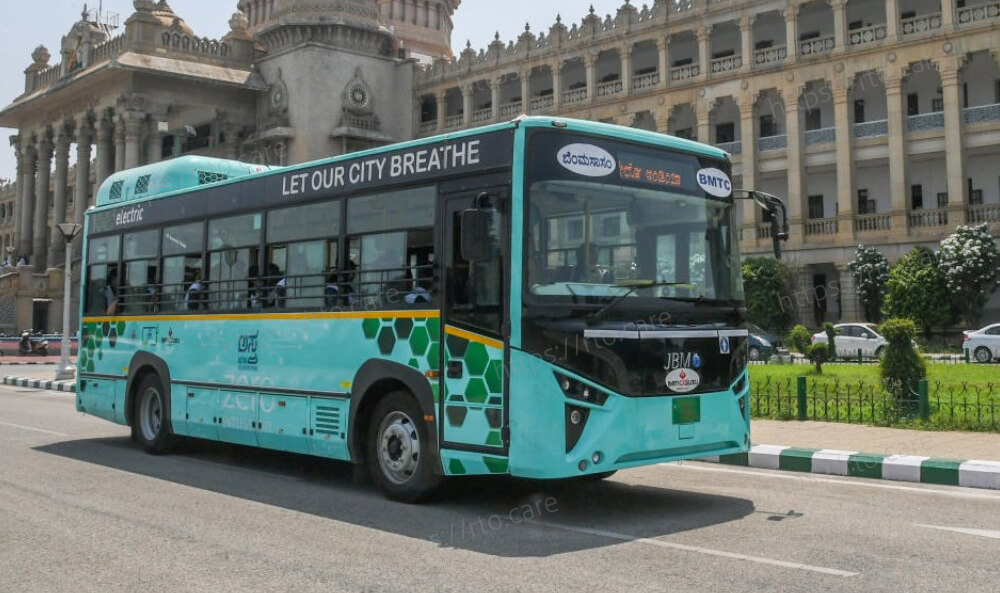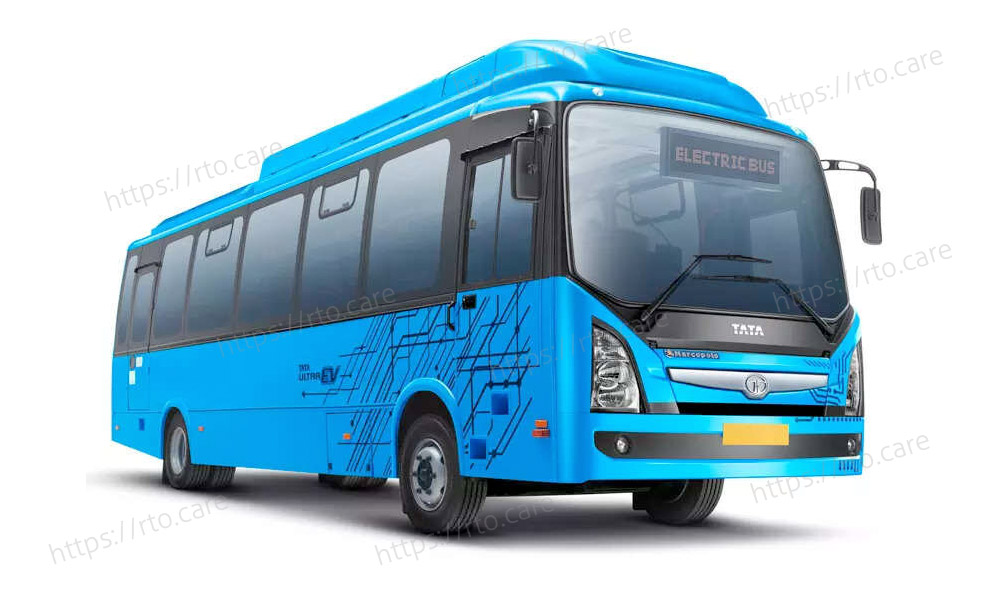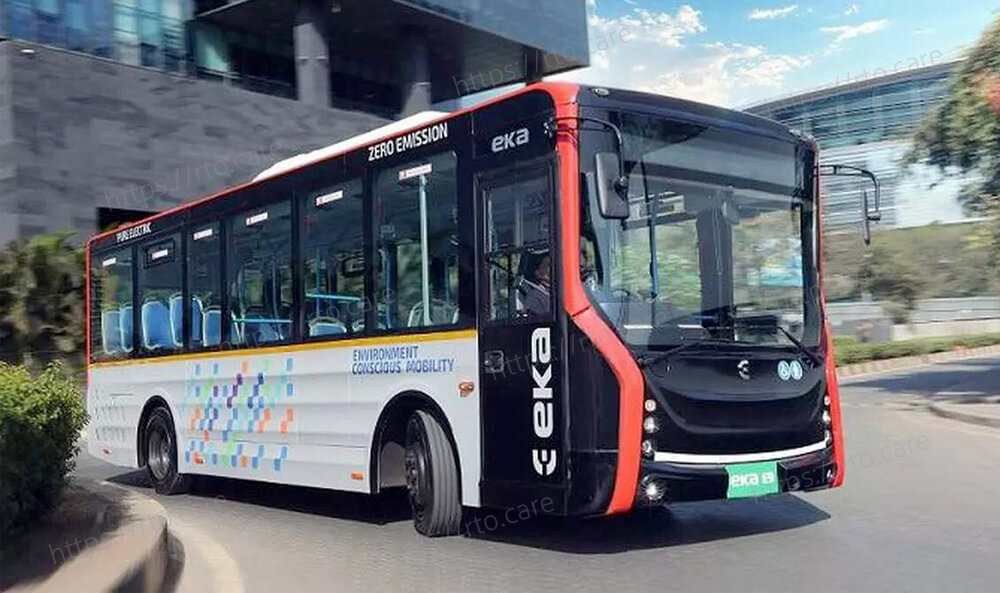On the one hand, the Pune Mahanagar Parivahan Mahamandal Limited (PMPML) generates the largest daily income, but on the other, the company has trouble getting its electric buses (e-buses) charged at various electric depots (e-depots).
Chief Minister Eknath Shinde opened the e-depot at the Pune train station in August of this year while also adding 20 more e-buses to the PMPML fleet. However, the company lacks the necessary infrastructure to charge the e-buses, which is why many of these vehicles are now off the road.
Out of the 500 e-buses that will be produced as part of the Faster Adoption and Manufacturing of Electric Vehicles (FAME) 2 initiative of the federal government, 150 e-buses will be delivered to PMPML over the course of 12 years on a gross cost contract basis.
While the Pune and Pimpri-Chinchwad municipal corporations (PMC and PCMC, respectively) would each use 350 of the remaining e-buses under a similar gross cost contract basis. There are now about 400 e-buses in the fleet, and another 250 will be added. These e-buses are dispersed across many bus depots, including Bhekrainagar, Wagholi, Nigdi, the Pune railway station, Baner, and Bhosari.
However, despite the fact that there are many of them and more are on the way, these buses lack the necessary energy or infrastructure for charging, making it impossible for passengers to utilize them. Over 100 of these e-buses are currently idle and not being employed in the regular fleet-to-passenger service in Pimpri-Chinchwad and Pune. There are some problems with the infrastructure and charging stations for e-buses, but we are working on them, and soon the bulk of e-buses will be on the roads. Every time there is a shortfall or other problem with the supply of electricity, it is being resolved, according to our officials' constant communication with the MSEDCL, said PMPML joint managing director Pradnya Pawar.
Furthermore, a huge number of residential housing societies have also sprouted up in the last few years near where the majority of these e-bus depots are being built. As a result, citizens are also complaining about power outages and the fact that e-buses receive electricity instead of the general public. There is a need to power the people first, followed by the e-depots for the e-buses.
